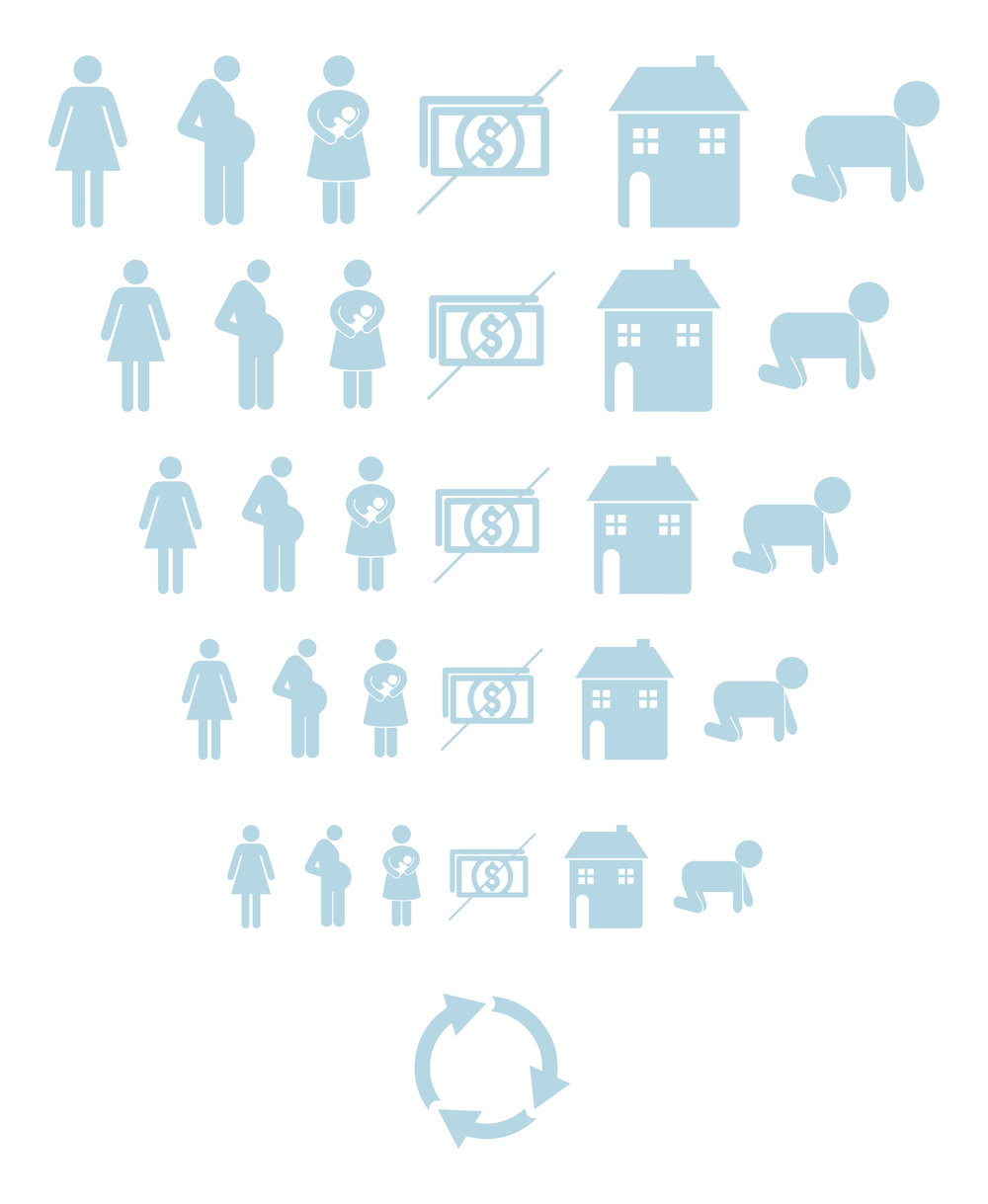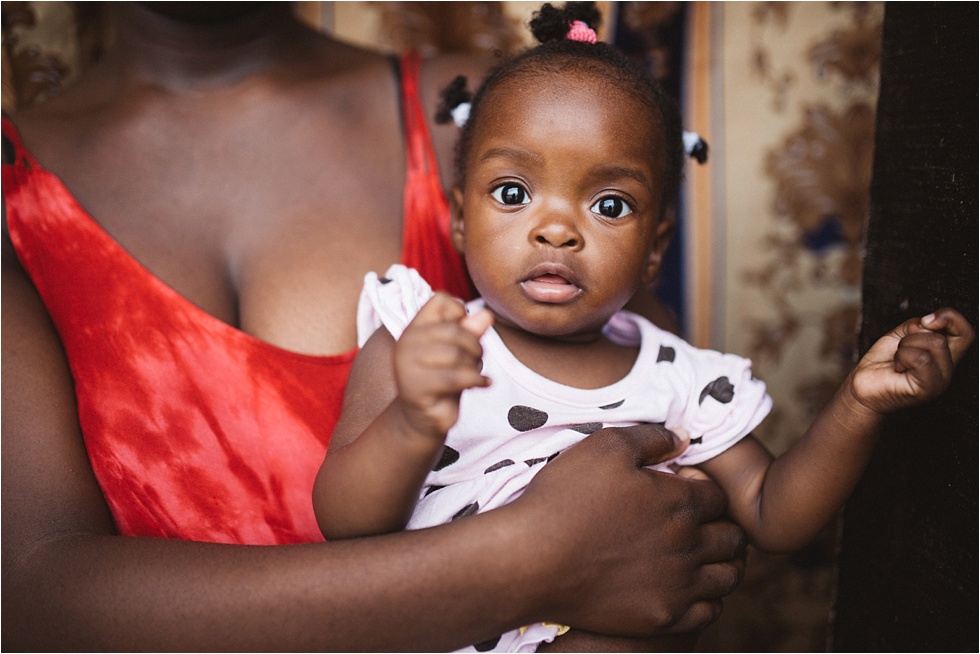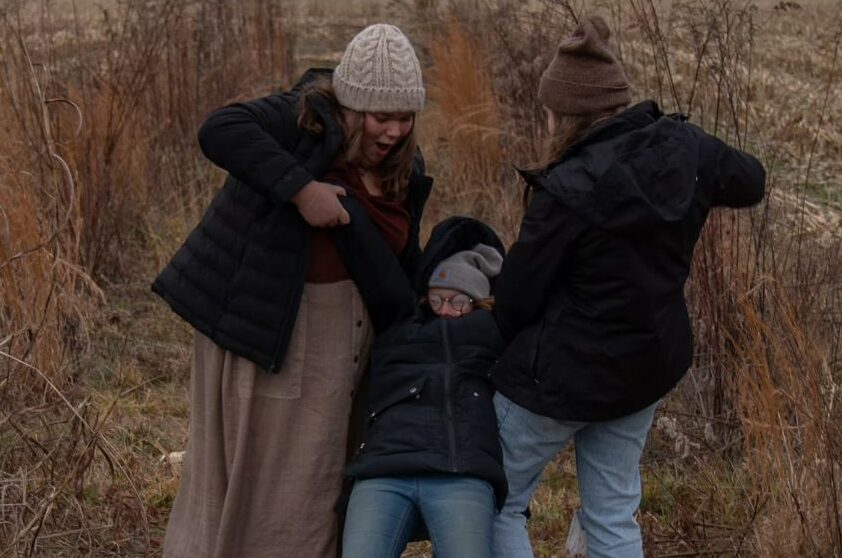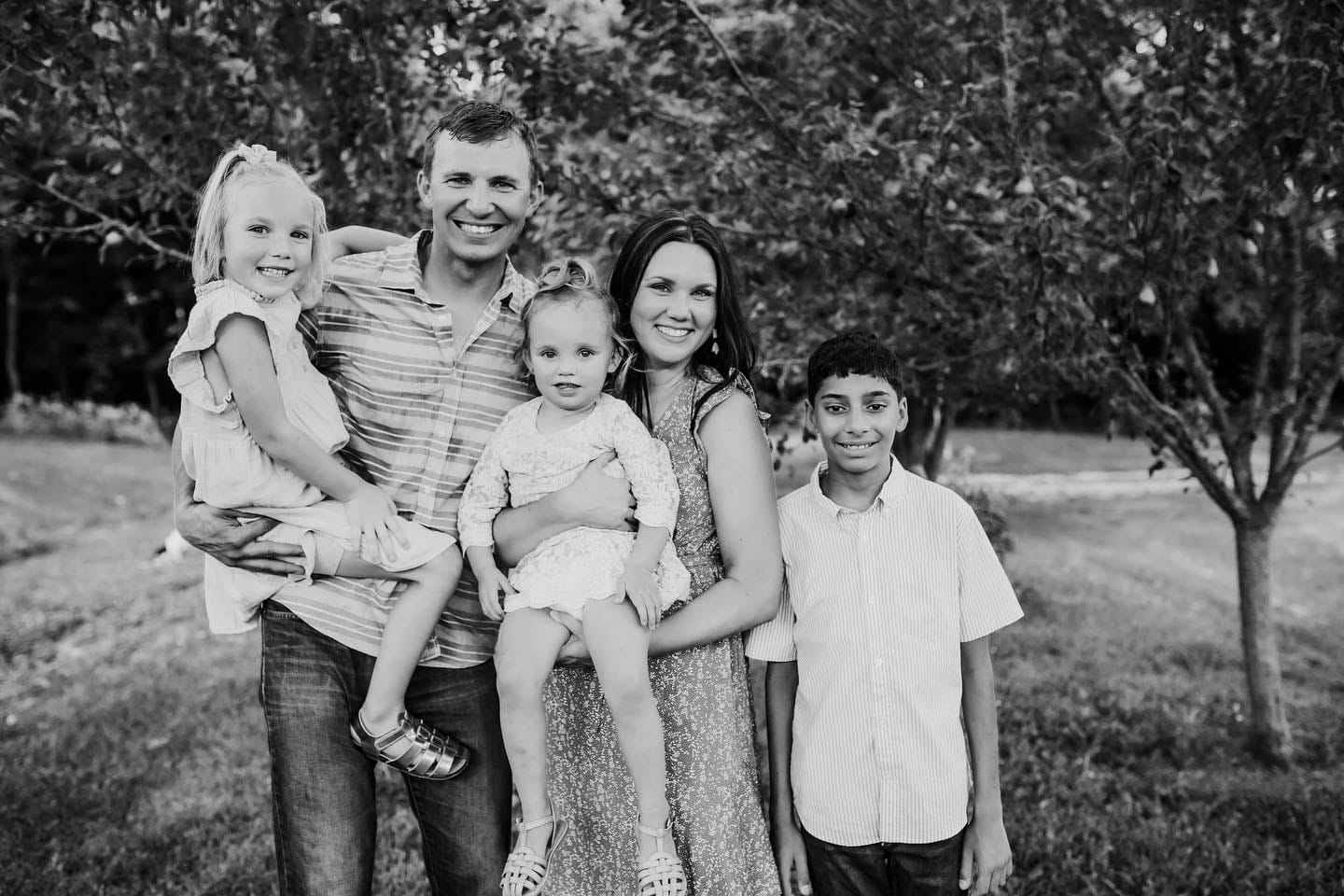Today we are introducing our first topic of 2017:
Birth Family Care.
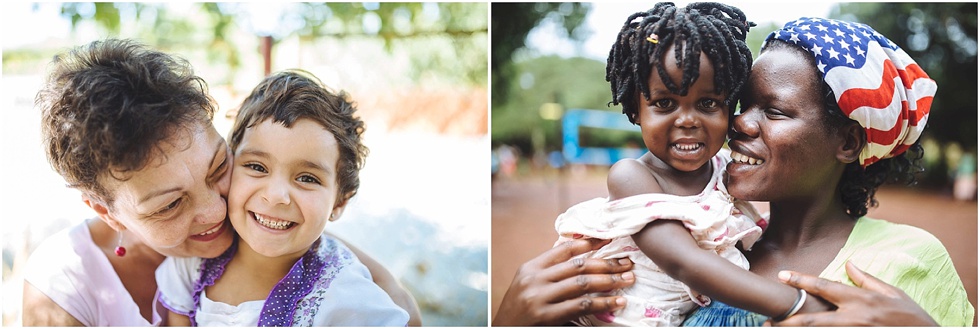
Throughout all of our travels and work in the world of orphan care, we have seen a lot of hard situations–one major issue is the care (or often lack there of) of vulnerable families who, out of desperation/lack of opportunities/lifestyle patterns etc., place their children in orphanages or for adoption.
Sometimes complex issues are more understandable when explained through a typical example. Imagine this scenario:
Woman: Impoverished upbringing, lack of opportunity, uneducated.
Woman gets pregnant.
Woman loves baby.
Woman has no money to feed herself or baby.
Out of love and hopefulness that her baby will survive, Woman places baby in an orphanage.
Baby grows up in an institution, often lacking quality care and the love of a family.
Baby sustains significant issues relating to attachment, failure to thrive, learning disabilities, etc.
Baby grows up.
Baby does not know how to function in society in a way that emotionally, socially or economically healthy and stable.
Baby gets pregnant.
Baby loves baby.
Baby has no money to feed herself or baby.
Out of love and hopefulness that her baby will survive, woman places baby in an orphanage…
The baby turned orphan turned mother replicates the same cycle of creation of orphans…
….And on and on the cycle goes.
As mentioned previously, this is not always as cut-and-dry as we’ve described, but what is critical to understand is that just because a child is in an orphanage does not mean that they are justifiably “orphaned”. Many of these situations that led to an orphaned child could have been prevented.
So why are we addressing this issue? Why Birth Family Care?
If we are to truly get to the root of the orphan crisis, we must address and care for families and their children. To only care for children is putting a bandaid on a much deeper issue, and can even promote unethical adoption practices.
But how do you care for birth families? How do you help adults so that they are able to parent their children in a safe environment?
You come alongside, in a number of ways, to these men and women to train, educate, empower, employ, extend psychological help and allow them to fail and succeed, but never to give up!
